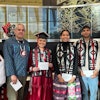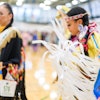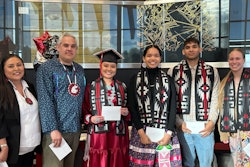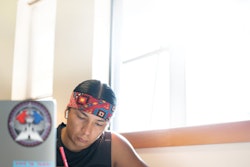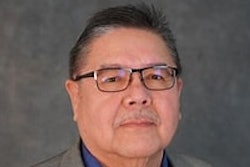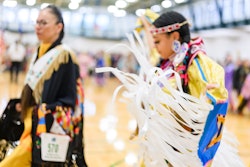As a youngster coming of age in Los Angeles in the 1970s, Rebecca Tsosie became radicalized to the plight of the American Indian community when she learned of an international incident that transpired on February 27, 1973 in Wounded Knee, S.D., on the Pine Ridge Indian Reservation
Nearly 200 followers of the American Indian Movement (AIM) had attracted national attention when they seized control of the town of Wounded Knee for 71 days in an effort to impeach tribal president Richard Wilson, whom they had accused of widespread corruption. The organization had also called on the U.S. government to reopen treaty negotiations, and they sharply criticized U.S. leaders for failing to fulfill its treaties with the Native people.
In the midst of the protests, armed FBI and U.S. Marshals were summoned to the scene, and a shootout transpired. Several people were killed.
When Tsosie, who is of Yaqui descent, learned of the incident years later from members of the AIM, she was not only intrigued, but she was inspired.
“I had never been to South Dakota, and this was not something I’d learned about in school,” says Tsosie, who is now a regents’ professor at the Sandra Day O’Connor College of Law at Arizona State University. “But I was listening to their stories, and it was very powerful. I wanted to read more. I was really caught up in it, and I wanted to do all my school papers on it.”
Not only did the Wounded Knee incident spark Tsosie’s interest, but it set her on the path to becoming one of the nation’s most visible scholars in Indian law.
